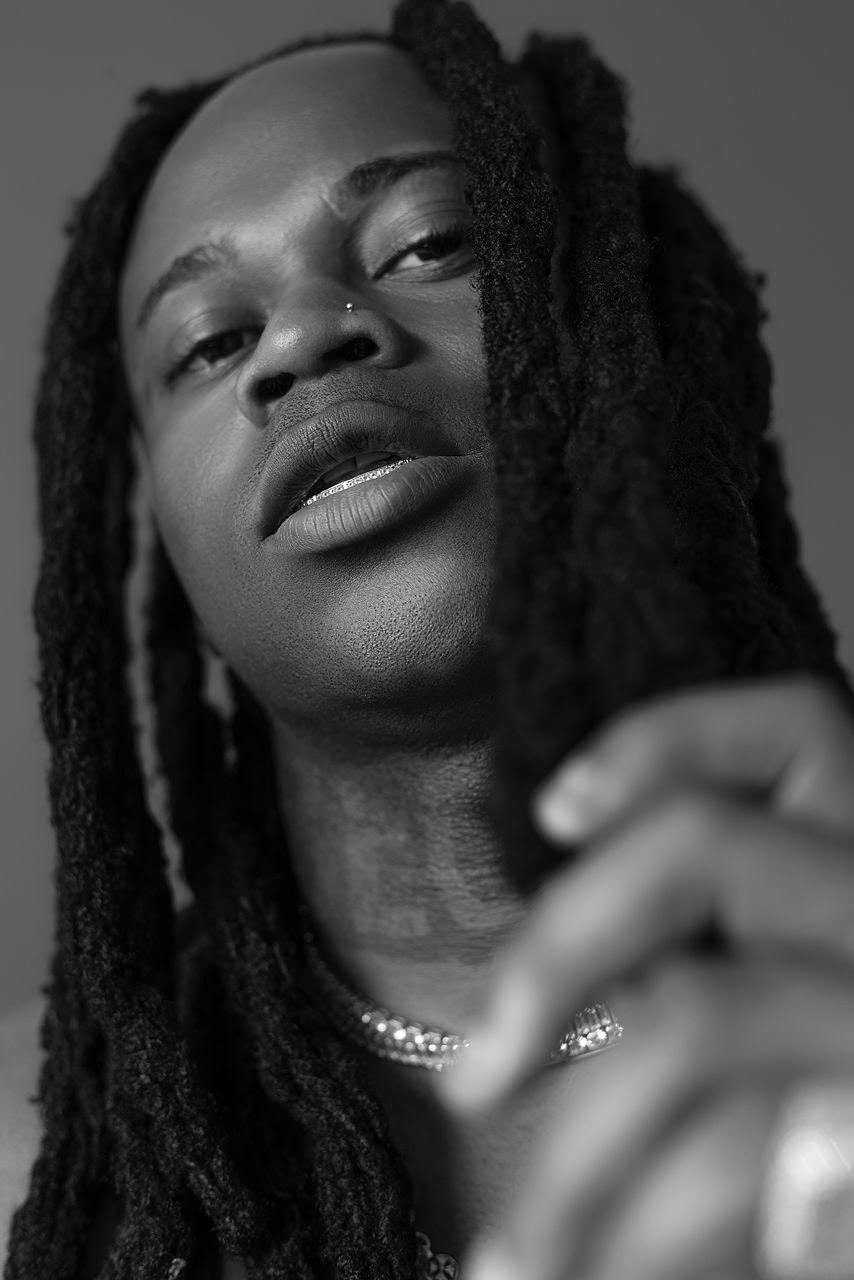Exploring opportunities in make-up artistry

Exploring opportunities in make-up artistry

Make-up artistry has gained a lot of attention in recent times.
With the increasing rate of weddings, birthdays, and other parties, the need for make-up artists have increased over time.
Make-up artists apply makeup to clients in different settings, such as theatres, studios and salons. As a make-up artist, you’ll need to be creative and have good time-management and customer service skills.
You’ll also need good communication skills, and may need additional business skills if you’re self-employed. You’ll be able to choose the right makeup for a client, and may do additional creation of special effects if you’re employed in a theatrical setting.
A job outlook figure for make-up artists in general is unavailable, but employment of theatrical and performance make-up artists was expected to grow 19 per cent from 2014 to 2024, according to the United States Bureau of Labour Statistics.
Individuals looking to enter this profession are expected to face keen competition, and openings are likely to go to the most experienced and skilled workers.
According to learn.org, make-up artists are typically listed in the same job category as cosmetologists, which need to be licensed after completing an approved training programme.
However, some jobs for make-up artists don’t require a formal education, and you can find make-up courses and programmes through beauty and art schools.
Experts at MAC cosmetics gave some valuable career advice for people interested in starting careers in make-up.
Practice
We all know practice makes perfect, and make-up artistry is no exception. Whether it’s trying out different looks on yourself or your friends, the more you do it, the better you’ll be. “Practice is key,” says, Simone Ciafardini.
“Learning from professionals is important to becoming a truly great artist, but making practice part of your everyday routine is also critical.”
John Stapleton, on his part, suggests getting hands-on experience by working at a makeup counter at a local mall or beauty store.
“There you’ll find a revolving door of personalities, skin types, ages, you name it,” he says.
“When people need beauty help, they turn to counter artists as their go-to experts. Customer service is a major aspect of makeup services, and the counter is the best place to get the most exposure and experience.”
“Figure out what you’re good at and what you need more practice doing,” adds Katey. “Play with product on as many skin types, facial feature shapes, and ages as you can!”
Research the makeup masters before you
Take the time to figure out what kind of looks catch your eye and who your makeup artist role models are.
“Research who’s come before you,” Katey Denno says, “and understand what you like about their work. Figure out which styles you’re most attracted to.”
You can start by looking at books, magazines, websites, beauty vlogs, and celebrity images.
Get a formal education
If you’re serious about becoming a professional make-up artist, going to school is a great option to consider. There are tons of different programmes across the country—do your homework and find out which is best for you. One of such schools is the MakeUp For Ever Academy in New York, which, according to Ciafardini, covers just about everything.
“We offer a master programme, which comprised four levels: beauty, fashion, TV and film, and stage and artistic. This is a six month-programme that provides a certification upon completion. The Academy also offers intensive programmes that range from one to seven weeks.”
Another route is to obtain an associate of arts degree in cosmetology from a local community college. Whether you head to traditional college or beauty school, they’ll help you prepare for whatever licensing exams and requirements your state has (find out what your state requires).
Get online and market yourself
Thanks to the Internet, the beauty world has changed drastically: If you want to be successful, you have to have a web presence. “Social media has had a huge impact on makeup artistry,” Stapleton says.
“Think of all the YouTube and Instagram sensations out there! What’s amazing is that there’s a whole new way to experience ideas.”
Ciafardini agrees that social media can help artists stay relevant: “The more you expose your work and are exposed to others’, the more you’ll grow.”
Denno’s seen first-hand how vital it can be for your career.
“I didn’t believe it until my then-agent gave me a stern talking to,” she says. “Soon after, I launched my blog and landed a piece onVogue.com about my favourite products. It was at that point I realised how important it is to establish yourself as a brand in this industry, as well as establish a daily presence in the world of social media.”
Do not overdo
For many who want to be a professional make-up artist, working with celebrities is the ultimate goal.
Denno emphasises that if you’re lucky enough to score a star client, you need to remain professional.
“Remember that you’re there to perform a service, not try and become best friends with someone you’ve seen in movies,” she explains.
“If a friendship grows, that’s wonderful, but your job is to make sure your client is in the most relaxed state of mind. This often means intuitively knowing when it’s time to talk and when it’s time to stay quiet and let them sit with their thoughts, their phone, or their music.”
Take any job you can and bring your best attitude
As you work your way up, take any job you can get to build experience, even if it doesn’t pay.
“Nothing is ever beneath you—no job is ever too small. You never know who you’re going to meet, and where that person will end up next, so always treat everyone the way you’d like to be treated,” says Denno.
Love your job
Never lose the love for makeup and artistry that drew you to becoming a makeup artist in the first place!
“Enthusiasm is important! Eighteen years later, I’m still with M.A.C. and my passion runs as strong as it did my first day. It encourages me to be unique and express myself through makeup art,” says Stapleton.
Wear flats
Working as a makeup artist requires long days spent on your feet. It’s a simple tip, but an important one: “Never wear high heels to work,” says Ciafardini.
Find a mentor
See if you can connect with a make-up artist who will let you tag along to their jobs. If you can work as their assistant or as an intern, even better! Having a mentor who can show you the ropes is invaluable when you’re starting out.
“And one day, pay it back,” says Ciafardini.
Do you find Tmaq Media useful? Click here to give us five stars rating!




















